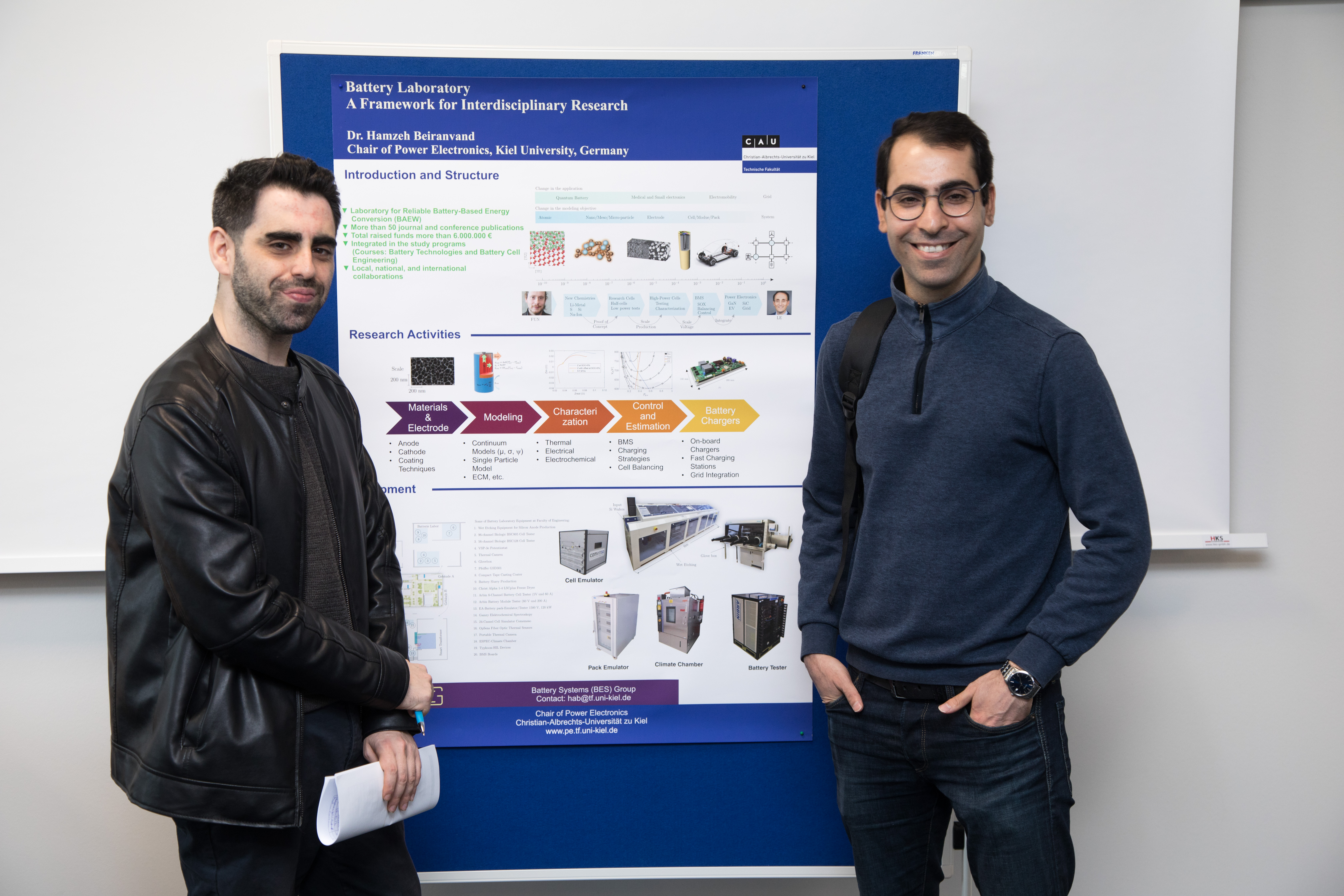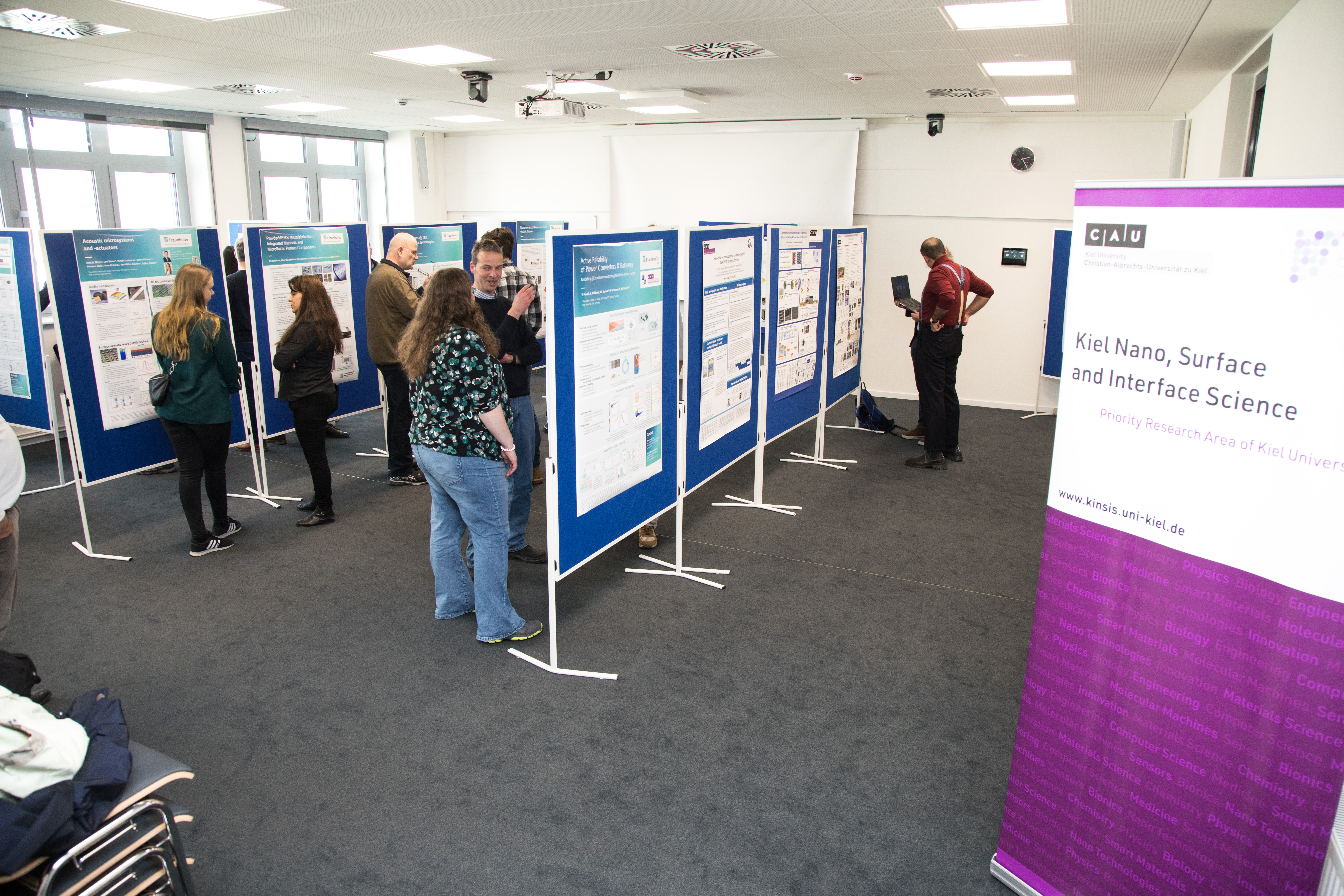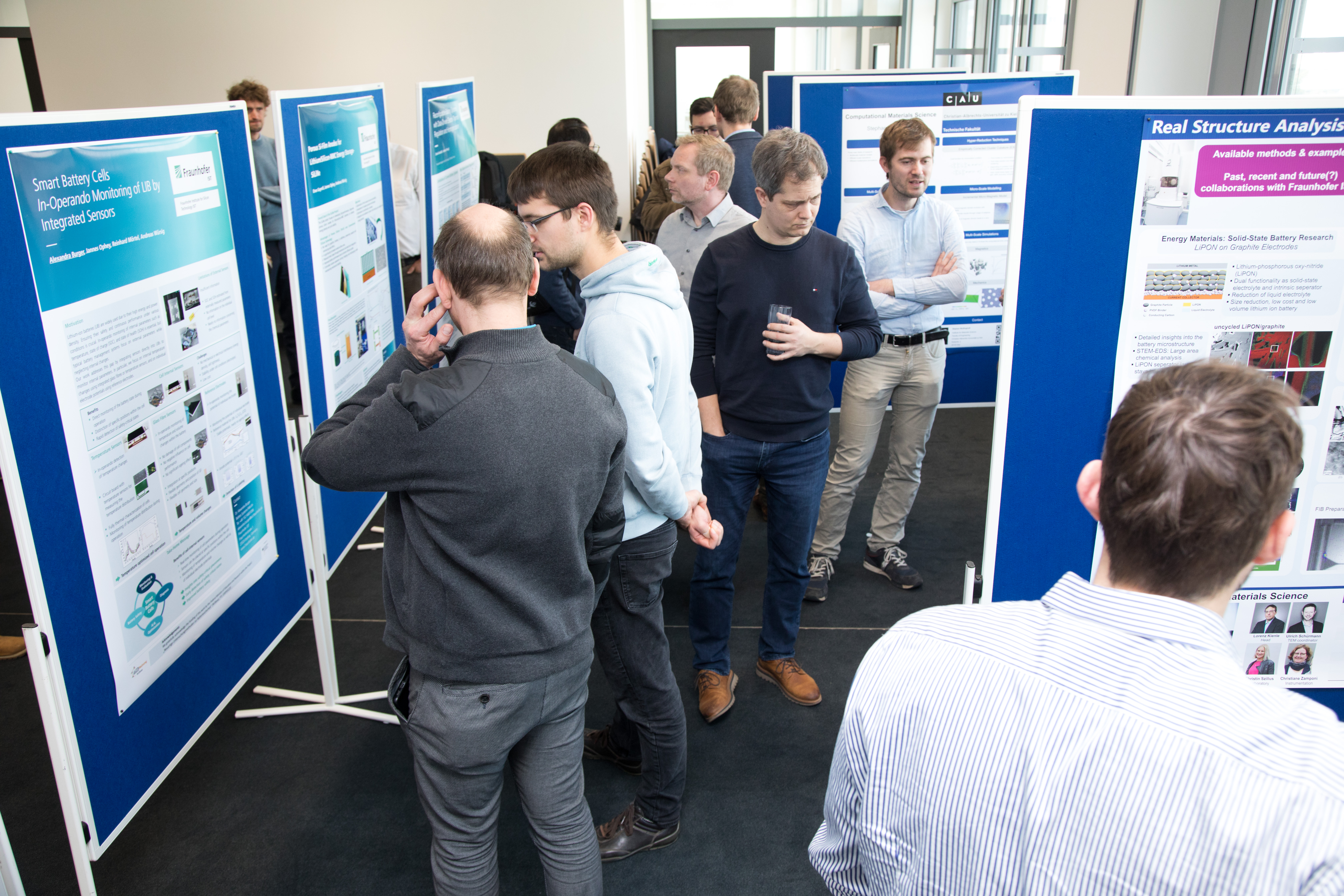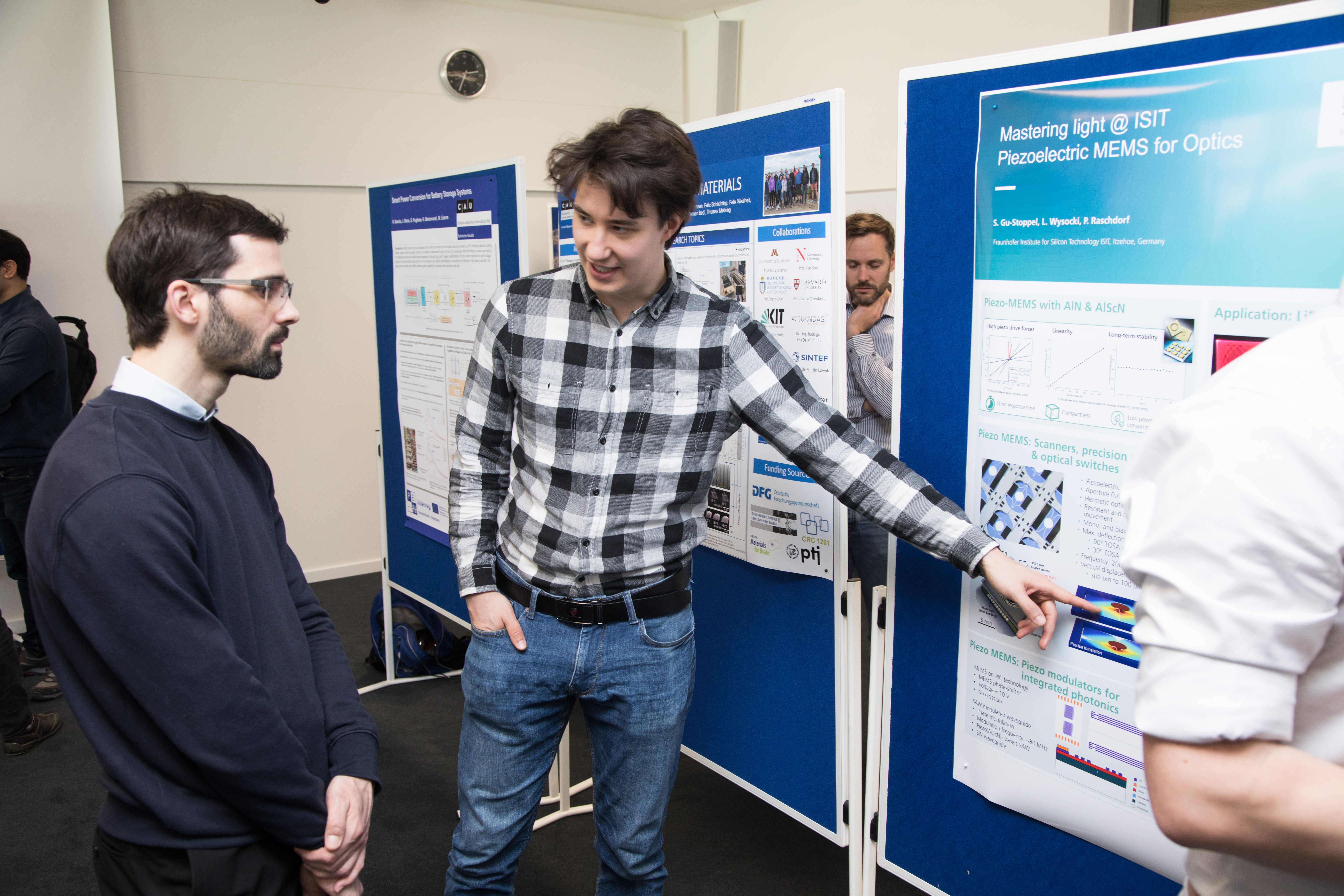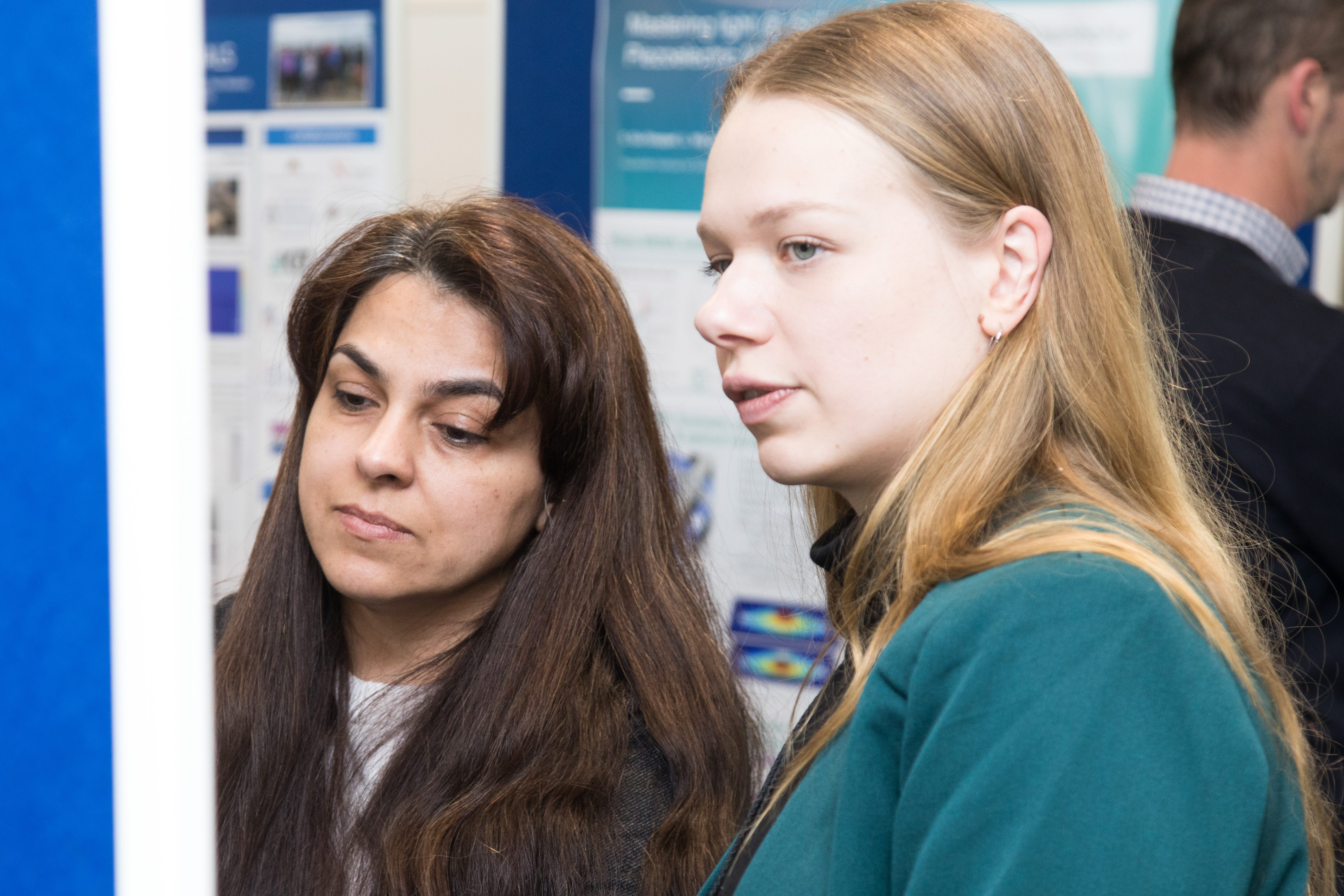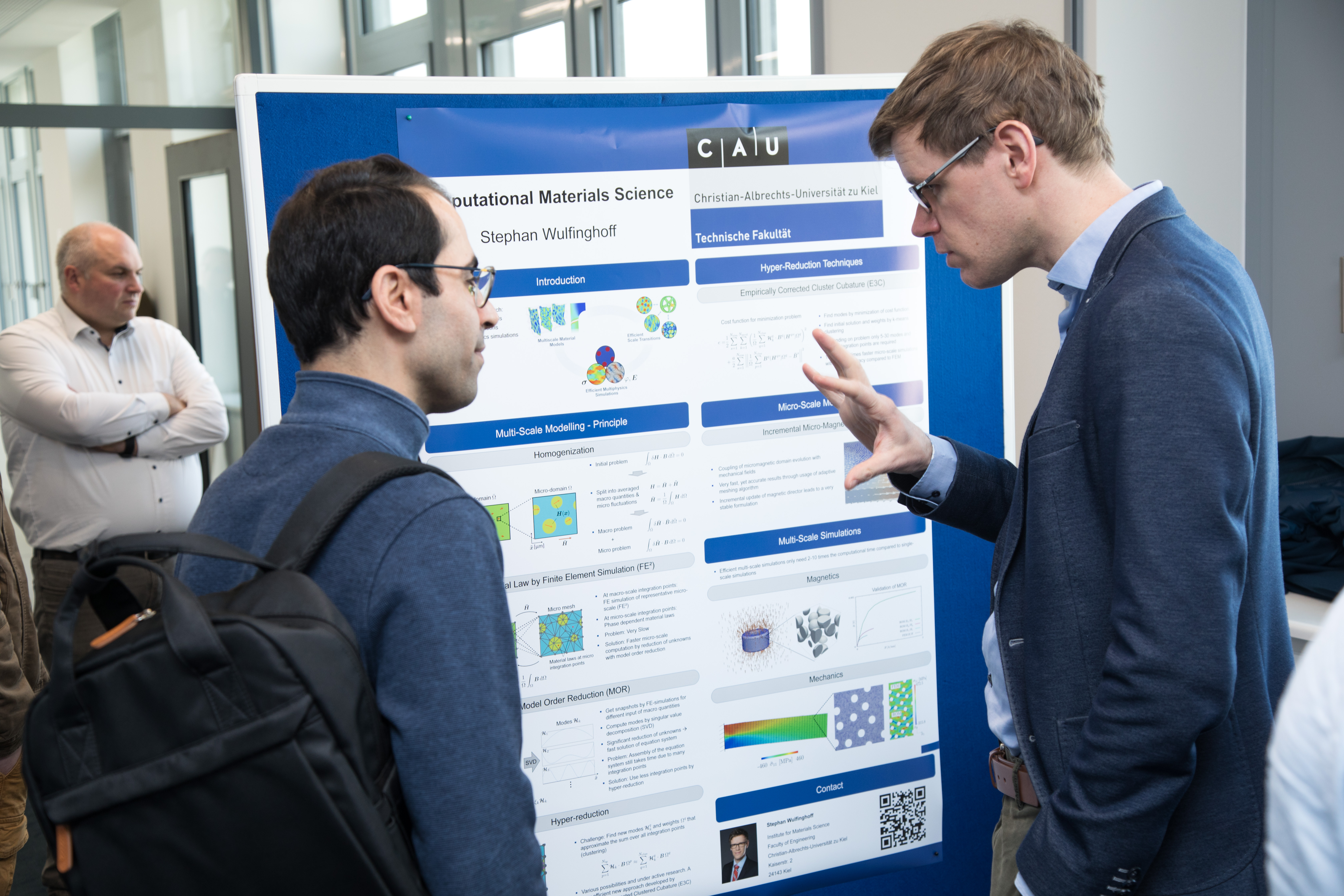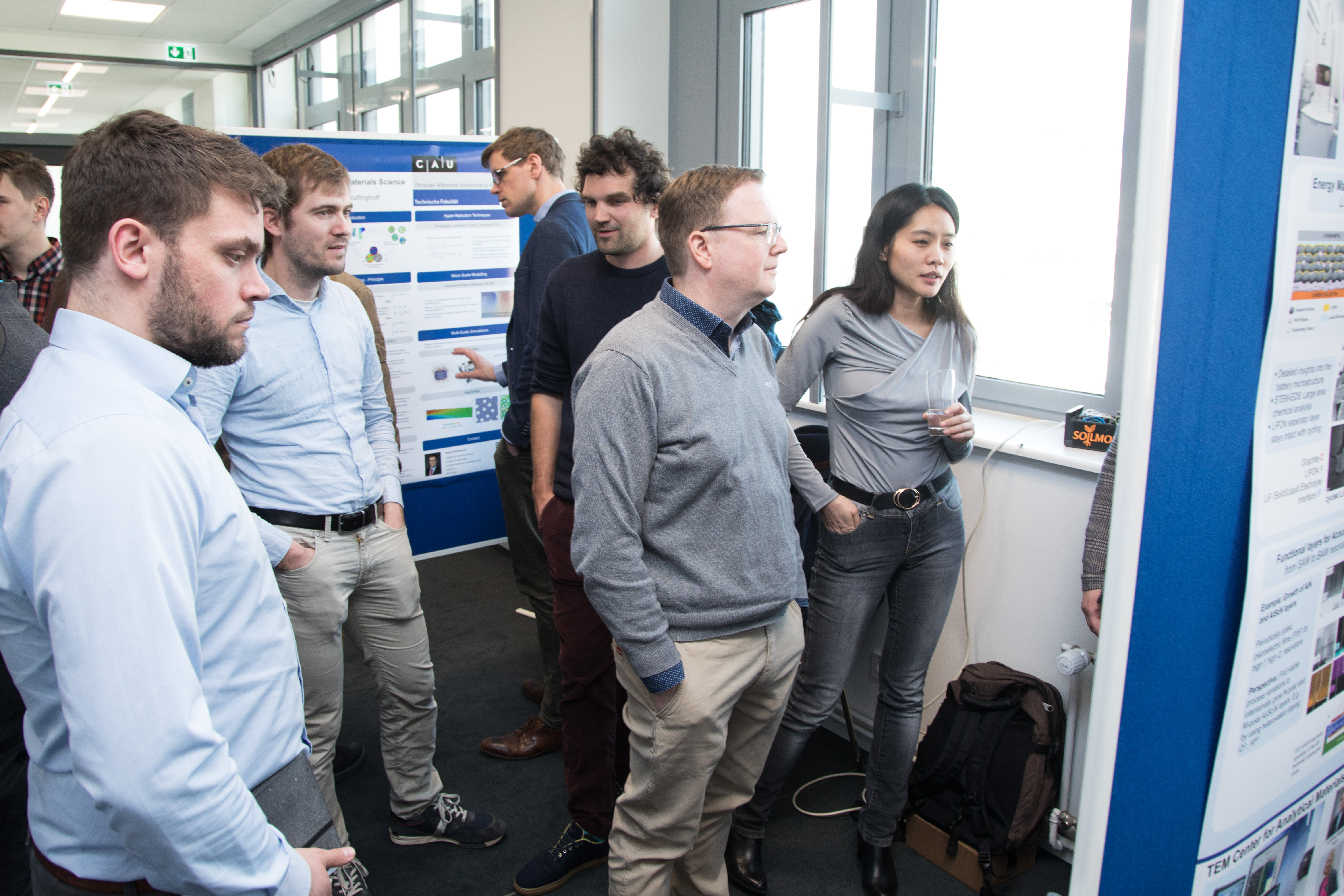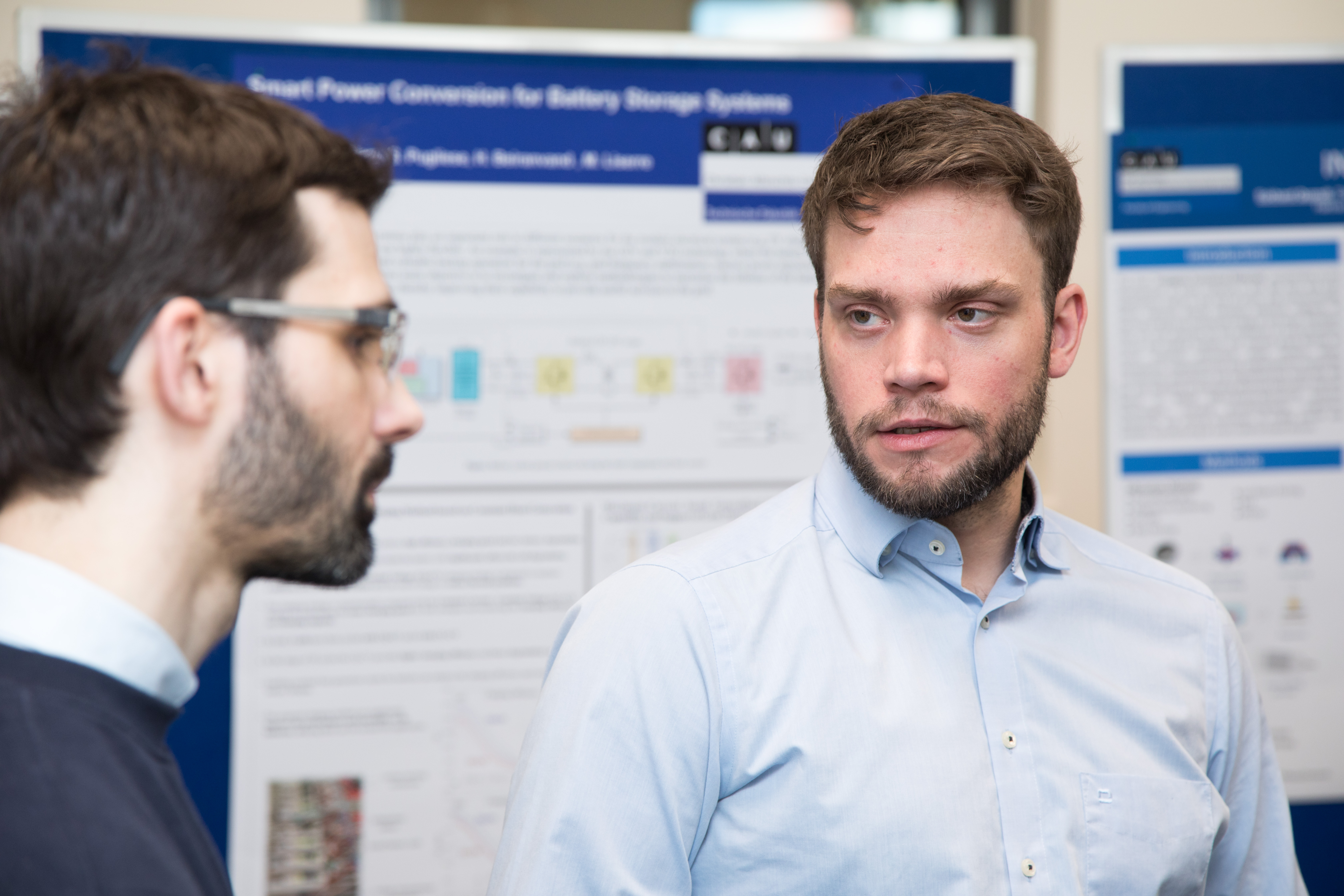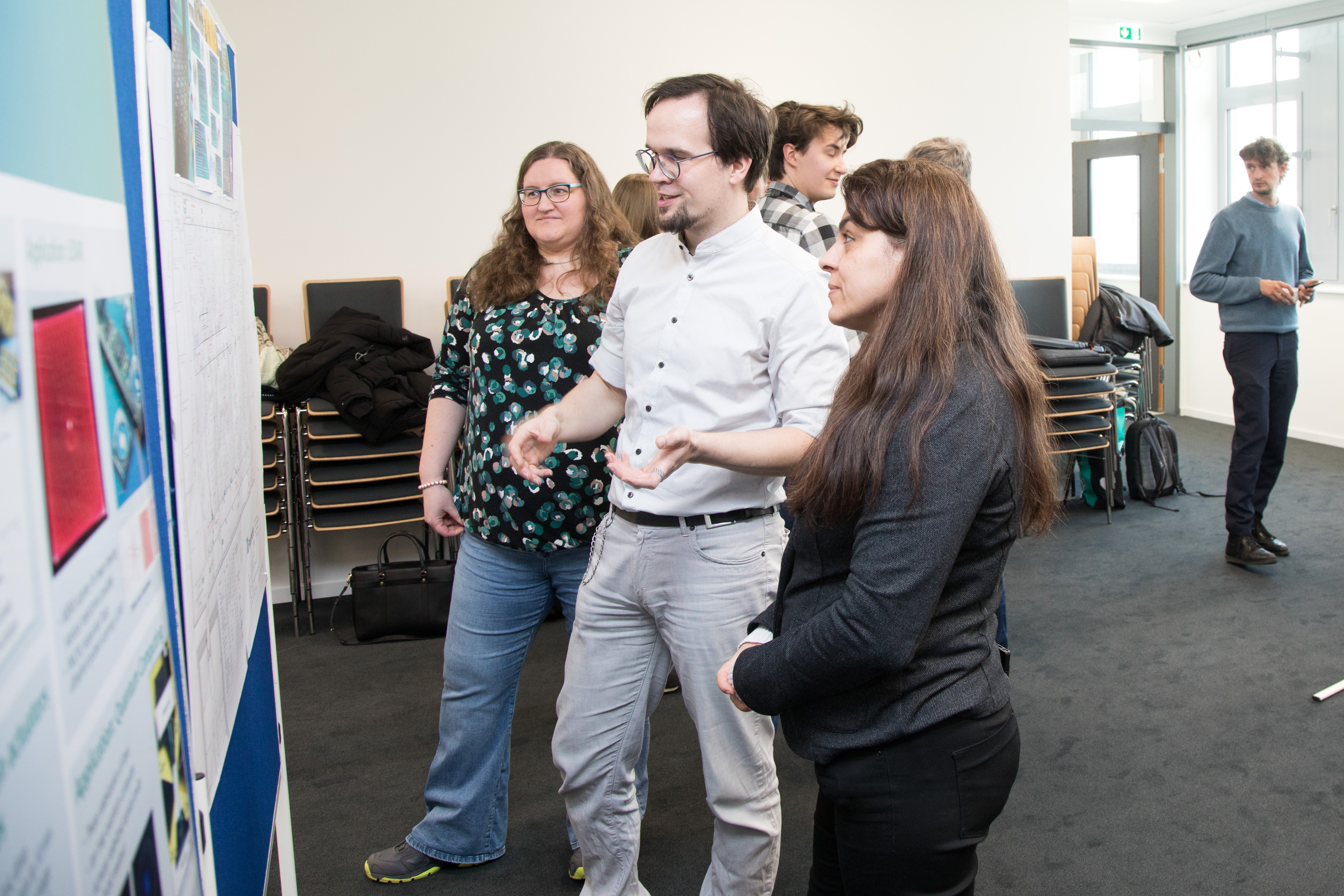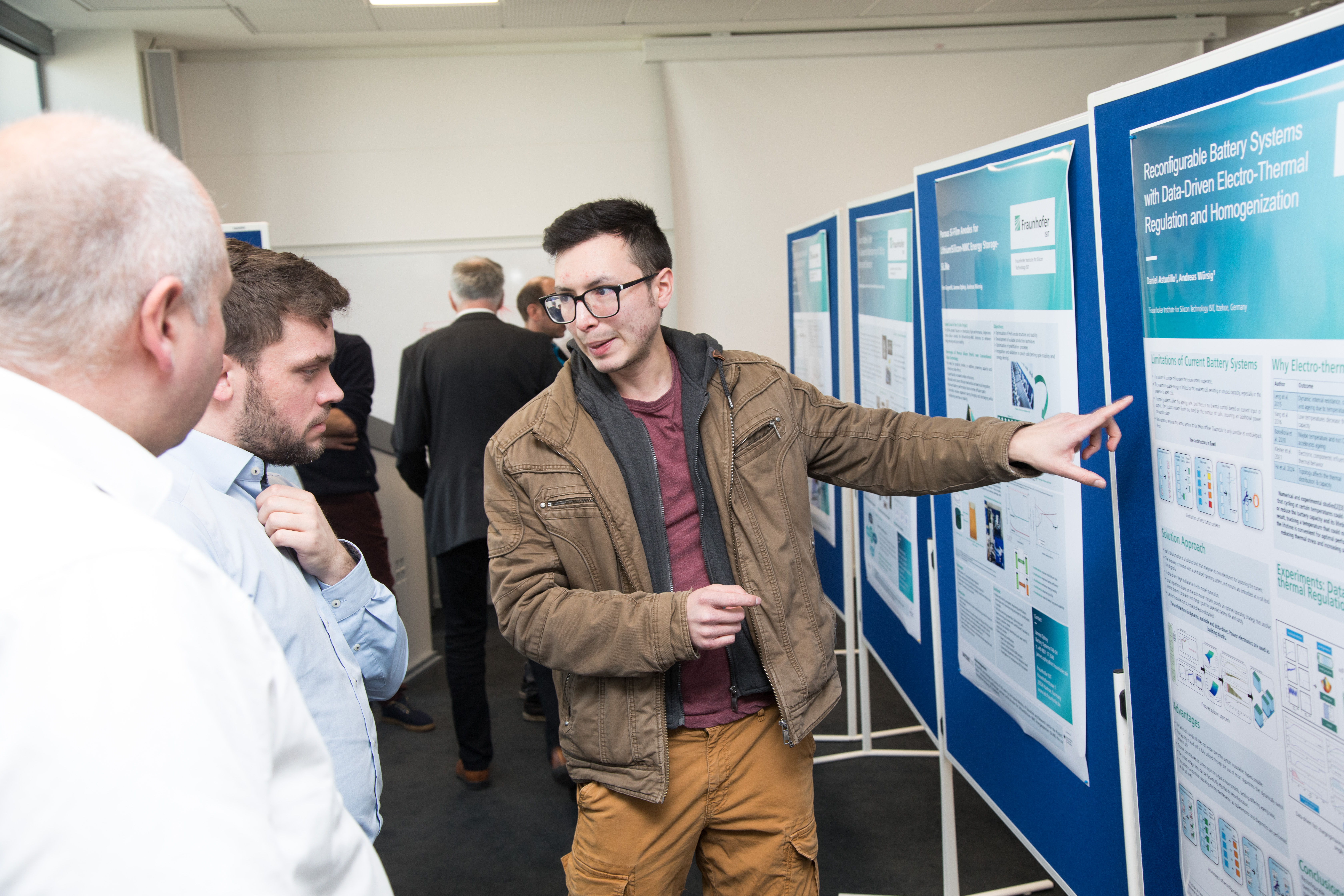Cooperation between Fraunhofer Institute ISIT and Kiel University strengthens innovation in microelectronics for the energy revolution and medical technology
The close cooperation between the renowned Fraunhofer Institute for Silicon Technology ISIT in Itzehoe and the University of Kiel (CAU) is bearing fruit: joint research projects and an intensive exchange of knowledge have already led to groundbreaking technological advances. This partnership strengthens the innovative power of Schleswig-Holstein and sets new standards in microelectronics from low to high power," says Professor Marco Liserre, Managing Director of ISIT and Professor of Power Electronics at CAU.
The joint work of Fraunhofer ISIT and the Faculty of Engineering at the University of Kiel focuses on the further development of microelectronics, power electronics and energy storage technologies. Researchers from the two Schleswig-Holstein institutions are working together to optimise components for future power grids, high-performance battery systems, innovative sensors and high-precision micro-electro-mechanical systems (MEMS). Our work enables advances in cutting-edge technologies in many application areas,' explains Professor Fabian Lofink, who heads Fraunhofer ISIT together with Professor Liserre. The developments are used in medical technology, the automotive industry, industrial automation, the integration of renewable energies and electromobility.
By working closely together, Fraunhofer ISIT and CAU are making a significant contribution to the development of key technologies that enable the efficient use of renewable energies, drive the expansion of wind and solar energy and ensure the stability of future energy networks," says Marco Liserre, Chair of Power Electronics at CAU's Faculty of Engineering.
As one of the two new institute directors at Fraunhofer ISIT, Professor Liserre brings his expertise in the development of efficient and intelligent energy conversion systems to the collaboration. His focus is on optimising power electronics for sustainable energy supply and industrial applications. "The cooperation between ISIT and CAU enables us to transfer the latest scientific findings directly into applied research. This results in innovations that are of direct benefit to industry and society.
Professor Fabian Lofink, who recently joined the management duo at Fraunhofer ISIT, is regarded as a leading expert in the field of MEMS technologies. His research focuses on the development of innovative microsystems for high-precision sensors and actuators used, for example, in automotive and medical technology. "Thanks to the excellent research infrastructure and the interdisciplinary exchange between the two cooperation partners, we can develop state-of-the-art solutions for technological challenges. Our students and young scientists also benefit from practical research and direct access to industry-relevant developments.
The collaborative projects include 'Super-HEART', which focuses on the development of highly reliable and sustainable power converters for powering energy-hungry data centres. The EU is providing €2.5 million in funding for the research project, which will run until 2025, and in addition to ISIT and CAU, Trinity College Dublin is one of the project partners. The aim of Super-HEART is to establish a secure energy supply that also uses sustainable energy sources such as hydrogen and solar energy, explains project manager Marco Liserre. The focus is on developing a low-cost power converter that will provide a reliable, renewable power supply.
At a workshop, researchers discussed current and future projects under the working title ISIT@CAU. KiNSIS (Kiel Nano, Surface and Interface Science), the Centre for Nano, Surface and Interface Research at the University of Kiel, is also involved. This interdisciplinary research centre brings together more than 130 scientists from the natural, engineering and life sciences. Together they investigate processes at the level of atoms and electrons that give materials and molecules unusual properties - with potential applications in the fields of energy, health and information technology.
After a successful start-up phase funded by the Fraunhofer Society and the state of Schleswig-Holstein to the tune of five million euros, the Electronic Energy Systems Centre has recently been placed on a stable footing for the future - thanks to third-party research funding and industrial contracts. Here, researchers are working on reliable power electronics as the heart of tomorrow's grid, for electromobility and for industry, in order to drive forward the energy revolution. We use innovative methods to develop industrially applicable systems from the results of basic research," explains Professor Liserre. He is based at the Faculty of Engineering at the University of Kiel. Fabian Lofink and Marco Liserre announce that new projects and research areas are now coming to the fore: A fourth research area, focusing on sensors for the energy sector and MEMS, is already being implemented.
 Fraunhofer Institute for Silicon Technology
Fraunhofer Institute for Silicon Technology